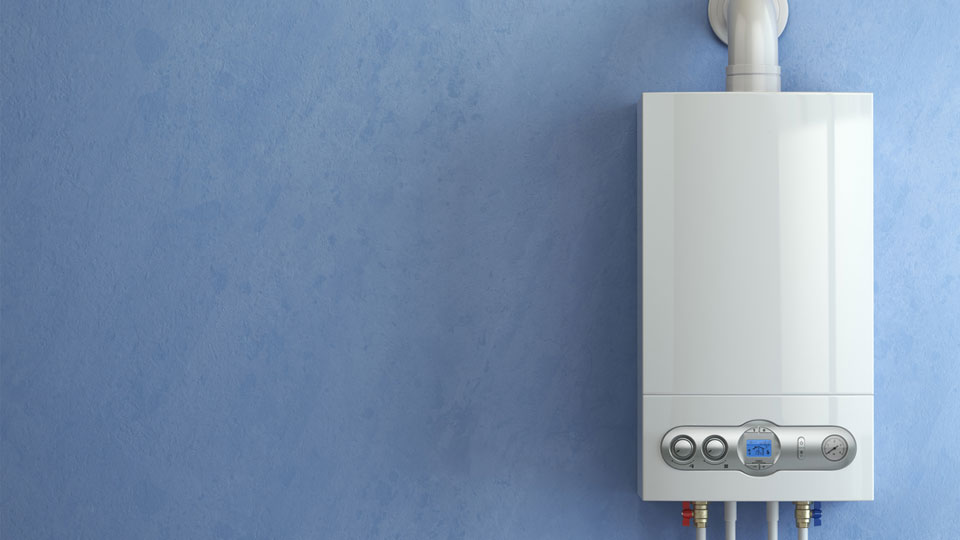If you have to replace your water heater in the not so distant future, you’ll be pleased to find that there are many options to choose from these days. Before you jump into that next purchase, though, do your homework first to be certain that your purchase will be the best choice for you and your family.
According to Consumer Report, heating water in your home accounts for nearly 20 percent of home energy costs. Today’s new efficiency standards result in water heaters less than 55 gallons having about a 4 percent boost in efficiency. Water heaters over 55 gallons may reduce your utility costs 25-50 percent depending on the technology design of the heater.
Most water heaters are sold based on how many gallons they hold, so even though a family of four might take several showers, run the dishwasher, and wash a load of laundry on an average day, totalling 100 gallons of hot water or more doesn’t mean they need a 100-gallon storage tank.
What is considered more important is the first-hour rating (FHR) for storage-tank water heaters and the gallons-per-minute rating (GPM) for tankless water heaters. These FHRs and GPMs tell you how much hot water the heater can deliver over a set period of time.
Types of Water Heaters
There are several choices, depending on how much hot water you use and how you’re heating the water (gas, oil, electricity). While some models claim to cut energy costs by up to half, their added up-front costs mean a return on investment may take some time.
Storage Tank Water Heater
Storage Tank Water Heaters are the most common type of water heaters and consist of an insulated tank in which water is heated and stored until needed. The water then flows from a pipe on top of the water heater. They have a temperature and pressure-relief valve, which opens if either exceeds a pre-set level.
Natural gas water heaters typically use about half the energy and cost less to run than electric water heaters, but gas models cost more upfront. Energy efficient water heaters will save you more on energy savings but also cost more upfront. Fortunately, there are often government rebates in Ontario to lessen the cost.
Tankless (On-Demand) Water Heater
Tankless water heaters use heating coils to heat the water as needed, and they’re more energy-efficient than storage tanks. The down-side is that they provide only a limited flow of hot water per minute (about 3.5 gallons).
Tankless water heaters are used more often by people who typically aren’t drawing water for more than one use at a time, such as running a shower and dishwasher simultaneously. A tankless hot water heater is are also best for homes that use natural gas.
Heat Pump (Hybrid) Water Heater
Heat pump water heaters capture heat from the air and transfers it to the water. It uses about 60 percent less energy than standard electric water heaters. While it cost more than an electric-only model, installation is similar and return on investment is short.
The down-side to heat pump water heaters is that they need to be placed in an area that stays 40 to 90 degrees and requires as much as 7-feet clearance from floor to ceiling because the heat pump is on top. Additionally, up to 1,000 cubic feet of uncooled space is needed to capture enough heat from the air as well as a nearby drain to discharge the condensation.
Solar Water Heater
Solar water heaters entails a roof-mounted cell that absorbs the sun’s heat and transfers it to an antifreeze-like fluid in a closed-loop system that runs to the water tank. Solar delivers the best savings in summer and attractive for warm, sunny regions. Unfortunately, energy efficient savings disappear on cold and cloudy days, but some models have a backup system that kicks in when needed.
In Canada, despite the many months of cold weather, solar water heaters can still be used. In Ontario, for example, solar water systems often use antifreeze in the circulatory system to prevent the water from freezing. The circulatory system is what keeps the water warm and the anti-freeze never comes in direct content with the hot water you would shower or do your laundry with.
Condensing Water Heater
If you heat with gas, condensing water heaters are a good option for homes needing a unit with a capacity of more than 55 gallons. They have both a tank like a conventional water heater but capture exhaust gases that would normally go out the flue. Instead, these gases are blown through a coil in the base of the unit, where incoming cold water can absorb most of the heat.
Replace Your Water Heater
Before your next purchase of a water heater, do your homework ahead of time so that you can feel confident you have purchased the right system for your needs, home and family. Contact us today to learn more!

